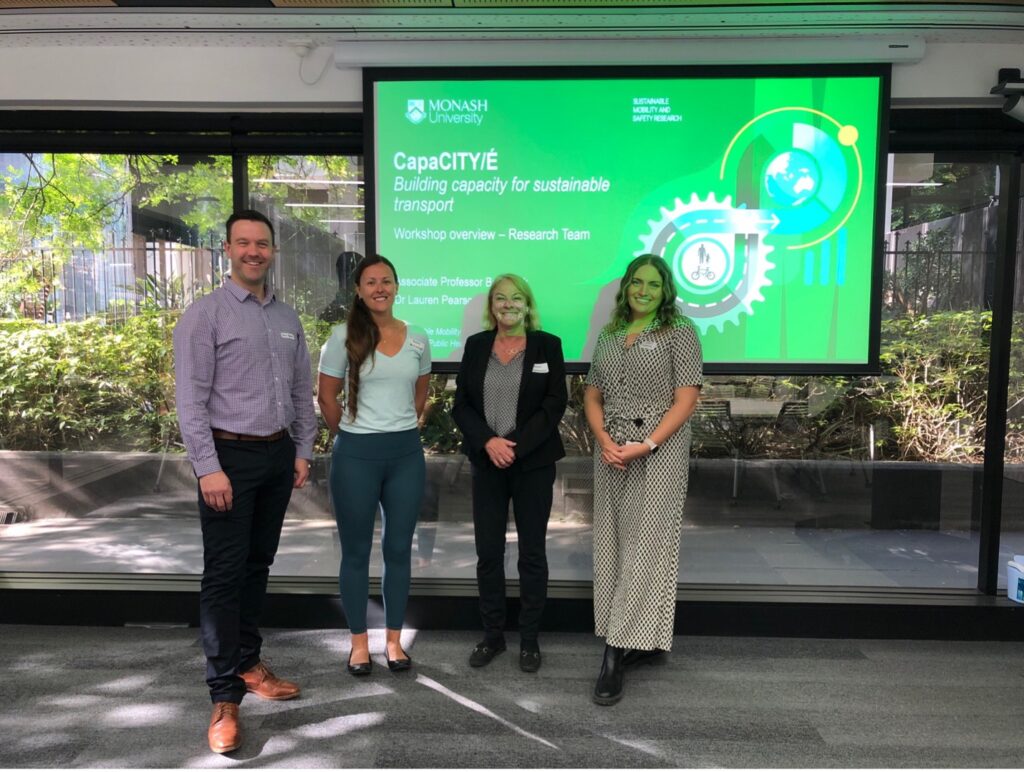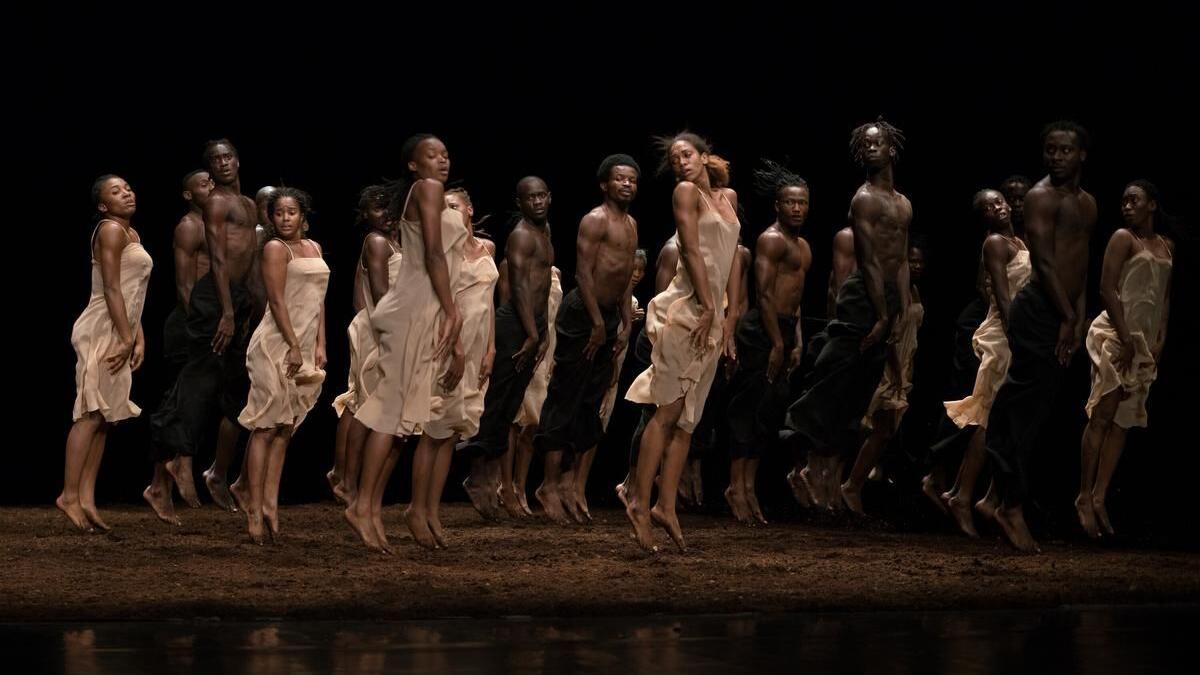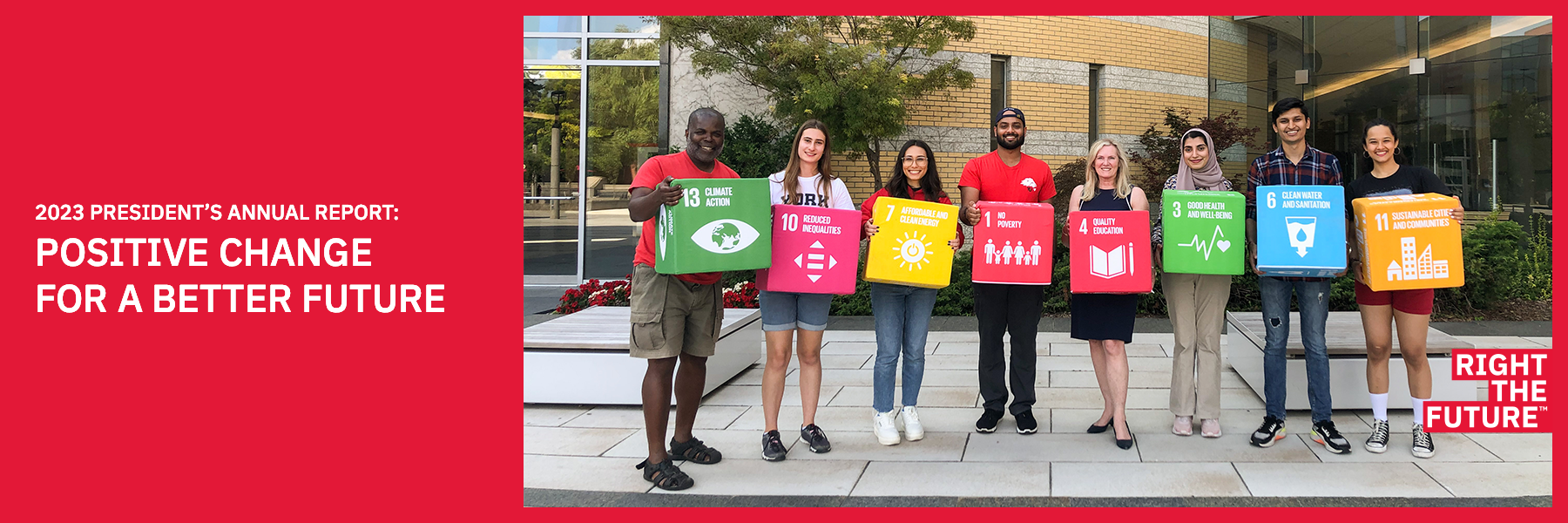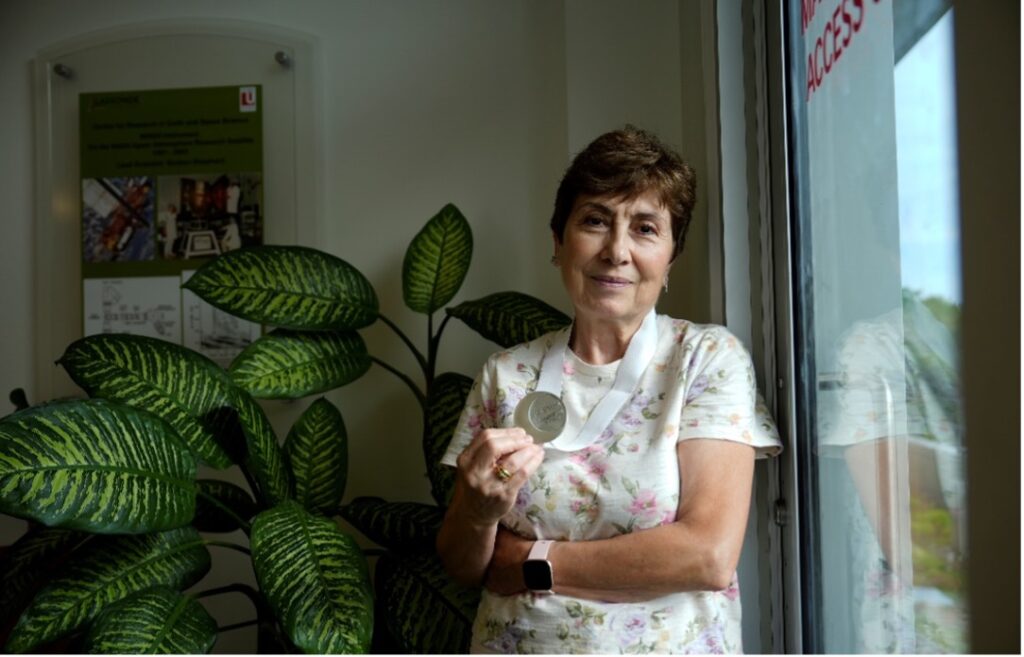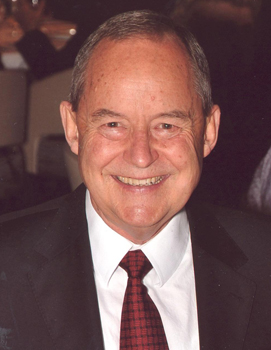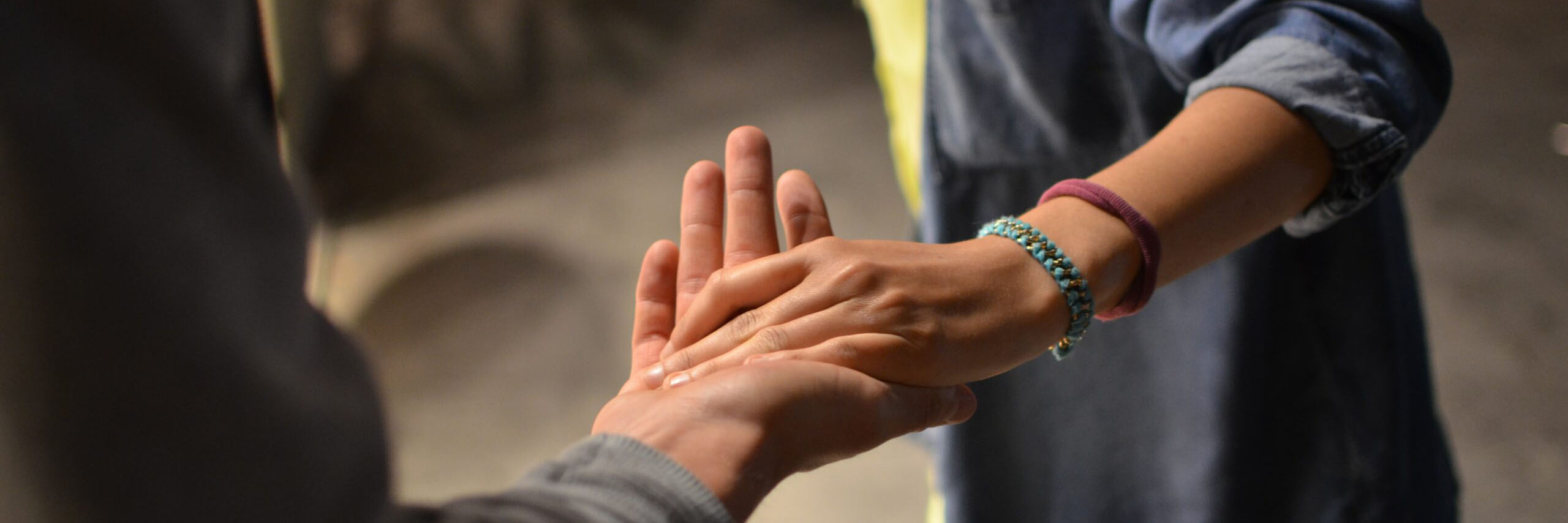By Corey Allen, senior manager, research communications
As a leading international teaching and research university, a key focus at York is global health research, particularly on pressing issues facing the Global South – developing countries in Africa, the Caribbean, Latin America and parts of Asia.
To conduct this purposeful research abroad, York faculty work with their counterparts in other countries to forge international partnerships, based on an inclusive and decolonizing approach.
Such work aligns with York’s Global Engagement & Internationalization Strategy, launched earlier this year. The strategy reflects a commitment to Advancing Global Engagement, one of the six priorities for action in the University Academic Plan.
One country that York has strong engagement with is India, particularly in the field of health-related research. A soon-to-be launched seed fund at York for research internationalization will prioritize many new and existing partners in the country. The University is also a member of the Shastri Indo-Canadian Institute, a non-profit organization that promotes academic, government and business connections between India and Canada.

In India and elsewhere, York researchers draw on their expertise in health sciences, health management and health informatics, among other health-related fields, to collaborate on studies about infectious diseases, such as malaria, HIV and tuberculosis (TB), which affects many people living in the Global South. This work explores not only combatting the diseases themselves but also involves researchers working to understand their socio-economic consequences.
One such researcher is Amrita Daftary, an associate professor in the School of Global Health and the School of Health Policy & Management.
“Global health research requires trust and good will built upon long-standing relations, which York has allowed me to sustain,” she says. “My colleagues and I have many points of connection, not transactional in nature nor tied to a single grant. Through these international collaborations, I am grateful my work can have a global impact.”
Daftary’s research focuses on the social determinants of tuberculosis, primarily in South Africa. But Daftary grew up in India, a country with nearly 25 per cent of the world’s TB burden, where she witnessed first-hand the stigma and isolation faced by people living with TB.
“Tuberculosis is fully preventable and curable, but it’s rampant in forgotten populations,” says Daftary, who is also the founder of the Social Science & Health Innovation for Tuberculosis Centre, a virtual network of scholars who work to address the global TB epidemic. “Bringing attention to this neglected illness has always been a focus of my work, which is why my research partnerships in India are incredibly meaningful to me.”
Daftary has lived outside of India for more than two decades, but over the past several years, she has travelled to her home country to work in partnership with the Foundation of Medical Research (FMR), a national research organization affiliated with Mumbai University.
It is here where Daftary has been involved with several TB studies run by FMR, acting as an adviser on qualitative research methods and providing her expertise as a social scientist to improve clinical care for TB.
In one study, Daftary conducted a knowledge-building workshop with former patients, or TB survivors, to better understand decision-making when confronted with symptoms related to TB, such as coughing up blood, fever and weight loss, among others. The workshop helped highlight patient priorities in the clinical treatment of TB.
Using insights from the workshop discussion, Daftary co-authored an article alongside other experts, including FMR’s current director Nerges Mistry, and TB survivors themselves. Published in the International Journal of Tuberculosis and Lung Disease, “Person-centred care in TB” advocates for a more holistic and human approach in health-care systems.
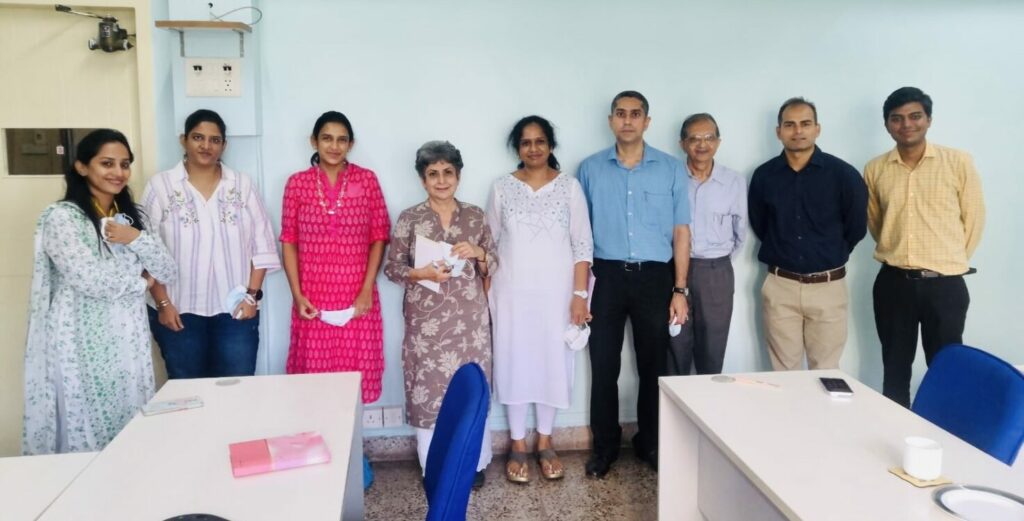
Daftary’s work in India also considers structural barriers, like gender inequality, that can impact how women with TB access health care and encounter various forms of stigma. She’s done some of this work by supervising Tahiya Mahbub, a postdoctoral Fellow at York, who was based in Mumbai.
With approval from FMR’s ethics committee, and collaborations with the Médecins sans Frontières’ Mumbai chapter, Daftary and Mahbub used photovoice – a unique research method that involves study participants photographing themselves and their experiences – to explore how women with drug-resistant TB dealt with stigma, and how photovoice helped mitigate it.
The findings, detailed in “‘One by One, TB Took Everything Away From Me’: A Photovoice Exploration of Stigma in Women with Drug-Resistant Tuberculosis in Mumbai,” shed light on their painful lived experiences encountering stigma, ranging from a loss of self, status and mobility to abuse and distress, and feelings of shame and hopelessness. More positively, the method was found to be useful in building a collective resiliency among the study participants.
The study helped inform patient counselling sessions and identified the participants’ needs for their families to be included in counselling, as well as a desire for improved communications skills among nurses and doctors who monitored them long term.
“Patients can often feel like they are robots or told they can’t leave their house or go near anyone,” says Daftary. “There’s a real demoralizing approach to care. We need to listen to people who’ve lived through it to tell us how we can do better.”
Daftary last visited India in late 2022 for her work. She hopes to continue her ongoing collaborations with FMR and others in India as new opportunities emerge, having now established such strong relationships in the country. She’s particularly interested in pursuing student and faculty exchanges in the future.
“My work with FMR and my collaborators in India is beyond any one project,” she says. “I hope that we can continue to collaborate on our shared goals to address TB, to engage with communities affected by the disease, and to strengthen knowledge exchange and quality research together.”
The Foundation for Media Research’s connections to York also include their work on a research project funded by AI4PEP, a York program that supports various health-care projects in 16 countries in the Global South. Led by Jude Kong, an assistant professor in the Faculty of Science, FMR’s project is called “Wastewater-based Surveillance for Antimicrobial Resistance (AMR) for Early Warning and Engendering Stakeholder Response Through Artificial Intelligence.” One of FMR’s trustees, Nadir Godrej, also serves as a member on York’s India Advisory Council. For more information on this project, visit yorku.ca/science/2023/09/12/york-u-program-helps-fund-16-global-south-health-care-hubs-to-combat-infectious-diseases.





